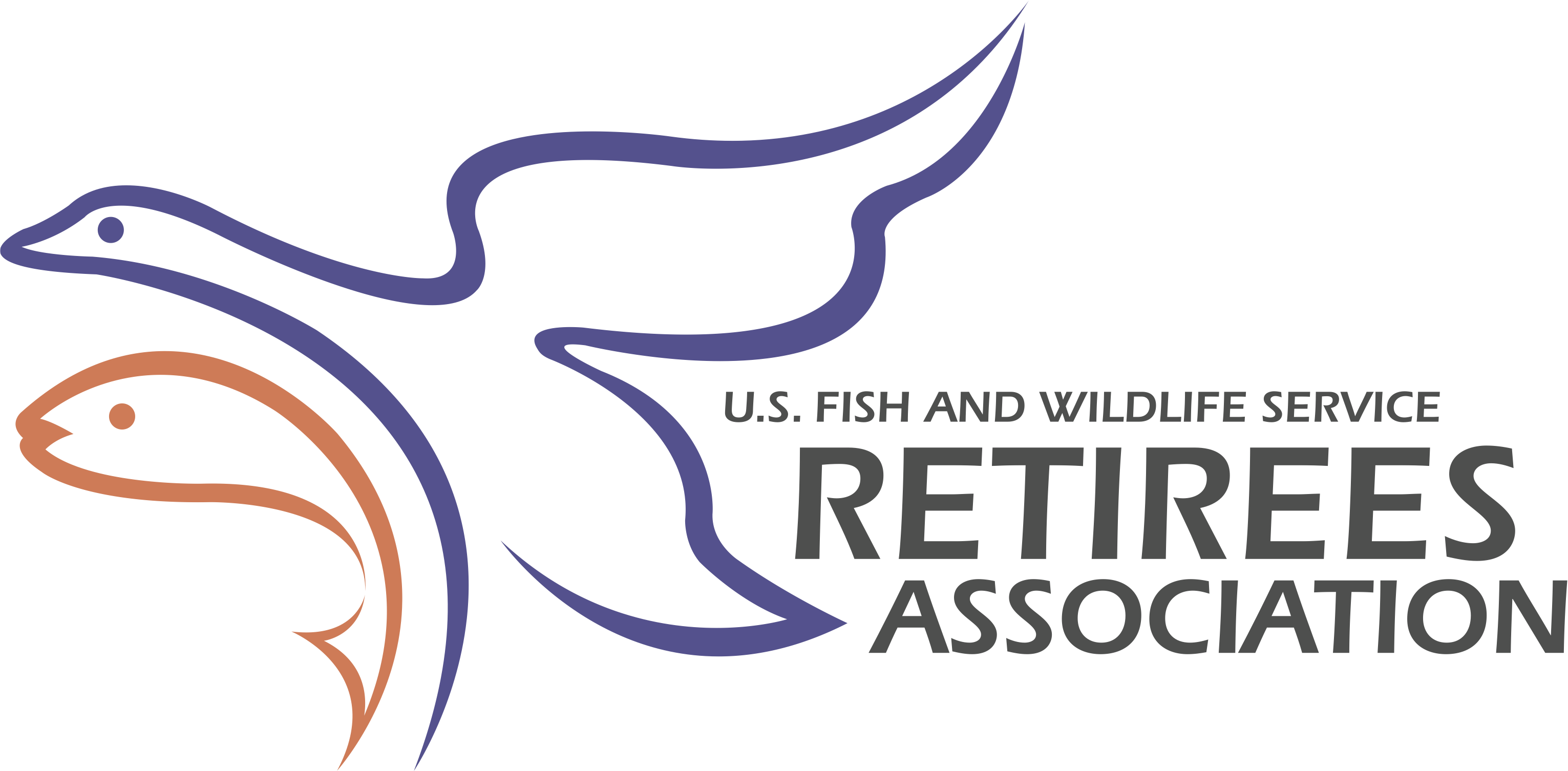History
In the Rose Garden, September 3, 1964. President Lyndon B. Johnson has just signed the Wilderness Act and hands pens to Mardy Murie (left) and Alice Zahniser. Their husbands, Olaus and Howard, had died during the final year of the long lobbying campaign.
The History Committee and the Birth of the Retirees Association
The U.S. Fish and Wildlife Service (FWS) is one of the world’s oldest conservation agencies with its history being traced to approximately 1871. Despite that prominence and long history, there was no systematic and sustained effort to document, collect and preserve important aspects of the Service’s rich history. In 1996 the Service embarked on a bold initiative to preserve its past and protect its future. The completion of the National Conservation Training Center (NCTC) and its world’s class museum and archives, provided the Service with the means to begin the process of developing national collections of materials important to the history of the Service. To guide the process, the Service formally established the Heritage Committee in 1998. This core group was chartered to identify, propose, and implement projects and programs designed to ensure that the rich history of the Service is preserved, protected, and shared with others. In 2021 the name of that committee was changed to the History Committee (https://www.fws.gov/node/268102). The Committee is chaired by a Deputy Assistant Director (DAD) or Deputy Regional Director (DRD) and with support from staff at NCTC. The 11-member committee consists of a current employee or FWS retiree representative from each Region to serve at the pleasure of the Regional Director for a three-year term. Current (as of August 2021) membership of the Committee can be found here.
The focus of the Committee is to help guide an orderly process to foster:
- Understanding and appreciating the Service’s unique history and values in natural resource conservation; as a source of pride and motivation for Service employees; and as a context for future FWS policy and action.
- Involvement and engagement of present and past employees in the heritage of the U.S. Fish and Wildlife Service.
- Preservation and use of important historical treasures, documents, objects and information to educate Service employees and the public.
- Preservation of the “people connections” of past and present employees.
It became instantly clear that the recognition and involvement of its past career employees would be a critical part of this process. The Association of Retired Fish and Wildlife Service Employees (AKA the Retirees Association) was formed with this clear mandate. In 1999 the Association was chartered as a 501[c](3) non-profit organization. A Memorandum of Agreement (MOA) was developed between the Retirees Association and the FWS. It defines how they work together and provides the basis for grants that the Retirees Association receives from the FWS. The current version of the MOA can be found here. There are currently over 2,400 (plus spouses) on the membership list maintained by the Association in a secure database.
Other History Committee actions established the:
Fallen Comrades Memorial
A memorial was established at the NCTC as a tribute to our fellow Service employees who have given their lives in the line of duty. It was dedicated in 1999 and can be viewed here.

Museum Collection
The National Conservation Training Center and D. C. Booth Historic National Fish Hatchery encourage contributions to further the extensive archival collection of historical artifacts, documents and photos now preserved in the Service’s state-of-the-art museum and storage space. This material serves as a basis for creating displays showcasing the history of conservation in America, all made possible by the oversight of an on-staff Historian and Museum Curator.

Oral History Project
Conservation History Journal
The FWS, with the assistance of the History Committee, established the Conservation Journal, an online publication focusing on the history of conservation.
Be a Part of FWS History
All Retirees are invited to assist the History Committee by donating important equipment or photos to the museum archives and by helping to collect oral histories of former colleagues. Let a Board member know your interests or check the appropriate box when you renew your membership.


